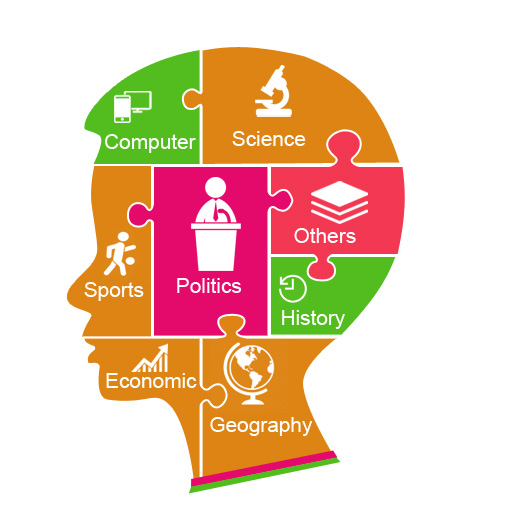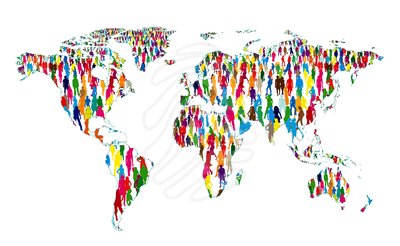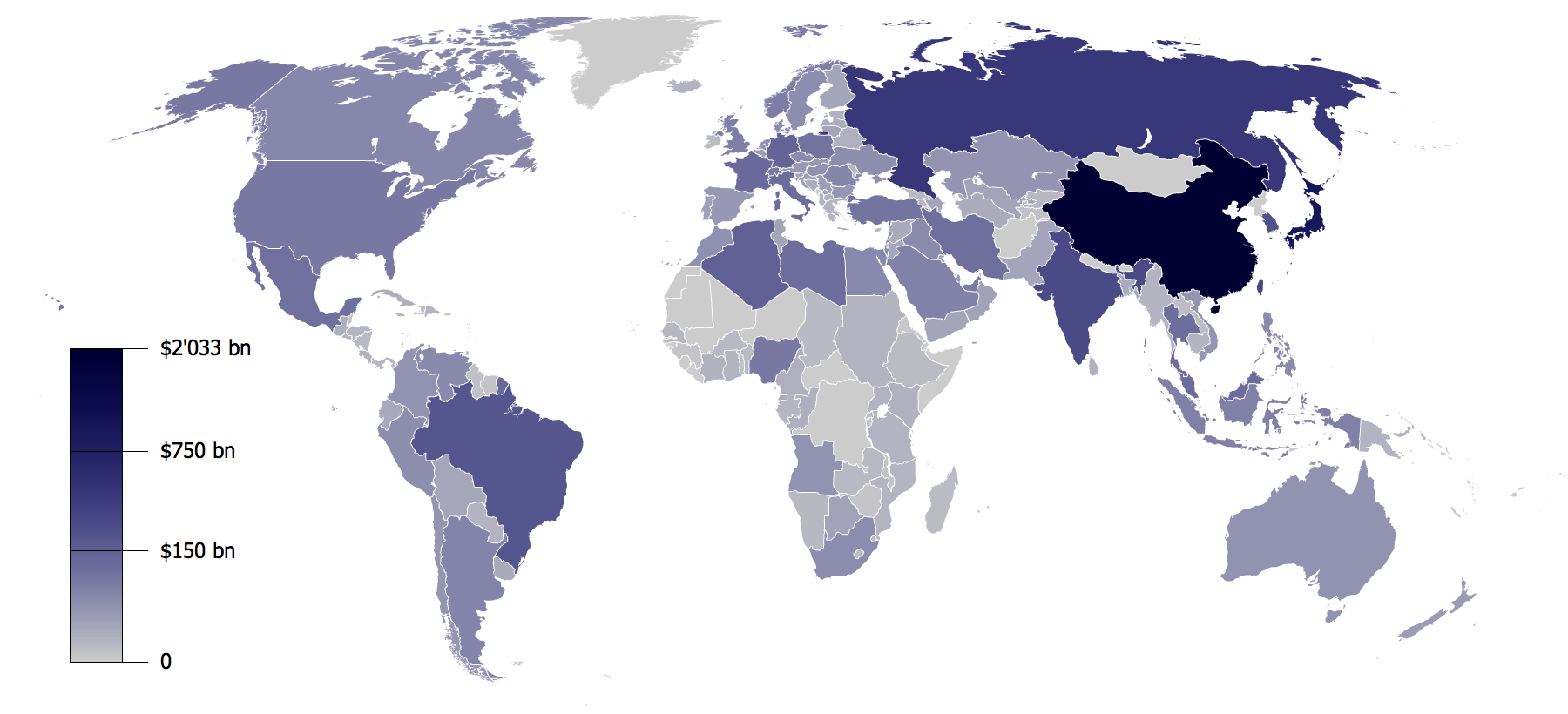Organized crime and criminal organizations are terms which categorized transnational, national, or local grouping of highly centralized enterprises run by criminals, who intend to engage in illegal activity, most commonly for monetary profit.
Cyber crime
- Cyber-crime or computer crime is any crime that involves a computer and a network. The computer may have been used in the commission of crime, or it may be the target. Net-crime is criminal exploitation of the internet.
- It includes creation of duplicate certificate, create fake Visa, Debit card, password hacking, image manipulation to harm someone’s character.
Electronic transaction Act – 2063
- Stealing code, destroying it or changing it
- ATM card duplication or other similar act
- Encroaching other’s Privacy with-out concern
- Using online media to communication hateful content or contents that will hamper social harmony
- Willingly destroying content of a computer to inflict damage
- Using other’s content without the consent of the owner
Causes
- No immediate threat to criminals
- Can be done from home
- Publicly humiliate institution by releasing private data
- To get some immediate financial gain
- Inflict emotional pain to person or hamper someone’s reputation
- Help criminals or act against criminals
- Hard to find the culprit
- Show their skills on technology
Prevention
- Sound policy and monitoring mechanism
- Building alert system to curb electronic crime
- Strong punishment for culprit caught doing cyber crime
- Increase public awareness regarding cyber crime & punishment
- Training to personnel working on catching / preventing cyber crime
Trafficking
- Trafficking in this content represent selling of women and children
- Done for sexual slave, ransom, household workers, human organ etc.
Causes
- Poverty
- Unemployment
- Open border with India
- Lack of education
- Provide false dreams
- Dream of over-night cash
- Lawlessness organized crime
- Over confidence to class ones
Prevention
- Strong punishment
- Activate NGO initiatives
- Public awareness campaign
- Coordination with neighboring countries
- Increase working capacity of govt. offices
- Implements rights against exploitation or provide by 2063’s constitution
Monopoly /carteling
- Monopoly means only one producer, seller or service provider.
- Monopoly means only one manufacture of goods, no close competition to these products and tight regulation to prevent new manufacturer from entering the market.
Causes
- License obtaining mechanism
- Control of necessary raw materials
- State’s policy to ban foreign products
- Policy level supports for a particular entity
- Protect local products from global competition
- Exclusive rights of a firm to produce that product
- Market size not big enough to accommodate more than one entity
- Some sectors are very big and only one firm is capable of doing the business effectively like NEA
Effects
- Lack of choice in market
- Increase in price due to lack of competition
- Effect in development process
- Effect in open market concept & policy
- Effect on economic growth and development
- Direct effect on consumers life style
- Impact on industrialization
- Impact of balanced development approach
- Bad environment for trade and commerce and direct effect on economic growth
Efforts to reduce Monopoly
- Interim Constitution of Nepal 2063
- Art 12(3): freedom to choose any profession, industry, trade, business (2063 Interim Constitution)
- Art 29: Right against exploitation (2063 Interim Constitution)
- Commerce Act – 2065
- Import Act – 2069
- Consumer right act
- Ministry of Trade and commerce
- Nepal Standard Mechanism
- CIAA
Terrorism
It is a violent acts or threats of violent act intended to create fear or terror, perpetrated for a religious, political or ideological goal, and which deliberately target or disregard the safety of non-combat’s (eg: neutral military personnel or civilians).
Causes
- Brain washed by extreme ideas
- Poverty, unemployment, marginalization
- Lack policy, bad government mechanism
- Extreme social divide and conflict
- Lack of religious harmony
- Weak security mechanism of the state
- Increasing injustice to targeted community
- Majority’s exploitation on minorities
- Encroachment of land by other state or direct impact of sovereignty
- To destabilize other states for political causes. (state sponsored terrorism)
Effects
- Human life loss as well as physical property loss
- Pushes people towards poverty
- Causes famine, refugee and other social conflicts
- Impacts on development process and FDI
- Lack of employment, security and other basic facilities in affected area
- Overall unhappy state of the people.
Prevention
- Address the cause of terrorism as opposed to individual terrorist
- Increase role of Interpol and other international security mechanism
- End exploitation from elite groups
- Increase global and regional security information exchange
- Encourage harmonious co-existence
- Ratification and implementation of global and regional convention against terrorism
- End majority and minority clash
- Make Anti-terrorism movement global
- Strong security mechanism to prevent terrorism
- Emphasis on moral education
- Strong monitoring & punishment of terrorism sponsors
- End the injustice prevailing in the state
Corruption
Corruption is the abuse of official power or position to acquire a personal benefit. Corruption may include many activities like bribery and embezzlement. Government or political corruptions occurs when an office holder or other government employee acts in an official control Act-2059.
Causes
Economic
|
Social
|
Political
|
Administrative
|
Others
|
|
Effort to control Corruption
- CIAA as a constitutional body
- CIAA Act – 2048, code of conduct for CIAA officials – 2065
- Local governance Act – 2048
- Civil service Act – 2049
- Corruption Control Act – 2059
Bodies working in controlling corruption
- CIAA
- Department of Money Laundering Investigation
- Justice council
- Auditor general
- Special court
- CDO
- Public Accounting Committee
- Violence
Prevention
- Transparent political sector
- Enough salary for bureaucrats & strong enforcement of laws
- Bringing private sector under corruption investigation
- Promotion based on efficiency and performance
- Reduce discretionary power
- Reduce bureaucratic problems and procedures
- Clear work division for worker & monitoring
- Strong monitoring mechanism
- Implement code of conduct for civil servants
- Public awareness & curriculum development regarding corruption.
- Implement performance based pay system
- Provide moral education
- Provide proper infrastructure/tool/equipment/training for corruption controlling bodies
- Investigation on income source should be increased
- Prosecute all level of corrupt either it small or big
- Strong punishment mechanism for corruption
- Simplify CIAA complain mechanism
- Zero tolerance towards corruption
- Social neglect to corrupt
- Strong monitoring of political figures and their properties
Money laundering
It is a generic terms used to describe the process by which criminals disguise the original ownership and control to the proceeds of criminals conducts by making such proceeds appear to have derived from a legitimate source. It is the process of transforming the proceeds or crime into ostensibly legitimate money or other assets.
Financial Actions Task Force (FATF) defines it as “The processing of criminal process to disgurse their illegal origin in order to legitimize the ill-gotten gains of crimes”.
- It is an organized crime
- It is borderless and worldwide
- It has big impact on a nation’s economy
- An estimated 2-5 % of Global GDP money laundering
- Shows immediate impact on least developed countries
Areas of Money laundering
- Illegal weapon trade
- Casino
- Theft dacoit
- Corruption & graft
- Lottery
- Mafia
- Terrorism
- Hundi
- Financing terrorism
- Kidnapping & ransom
- Human trafficking
- Wildlife trade
Why stop money laundering
- To prevent illegal and terrorist activities and terror financing
- Promote good governance worldwide
- Discourage global terrorism network
- Develop worldwide clean & healthy economic development
- Identify illegal transaction and bring CVI print to book
- Connect with international anti money laundering mechanism
- Create public awareness about money laundering
Initiatives to prevent money laundering
World wide
|
Nepal
|
Policy
- सम्पत्ति सुद्किरण निवारण ऐन – 2064
- सम्पत्ति सुद्किरण निवारण नियमावली – 2066
What to do next?
- Monitoring mechanism on required groups
- Increase efficiency of NRB- Financial Information Units
- Increase efficiency of CIB
- Increase inter departmental communication and information sharing mechanism
- Training to personnel/working against money laundering
- Coordinate with international money laundering agencies










Can I have a note related to E-governance?